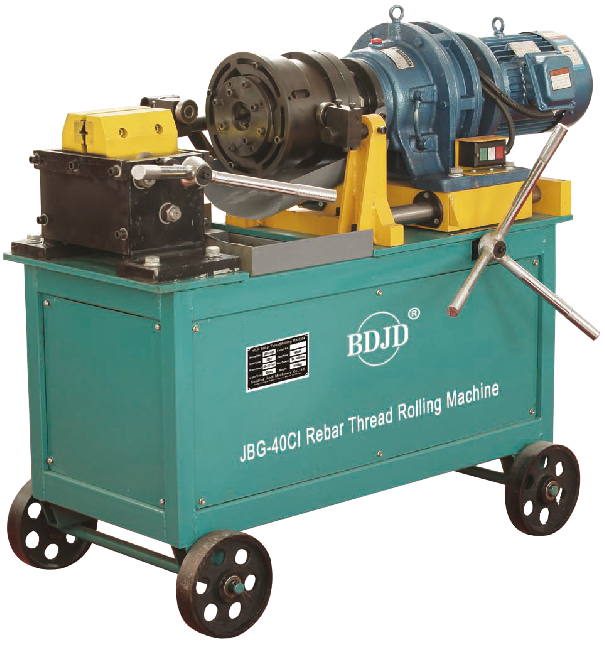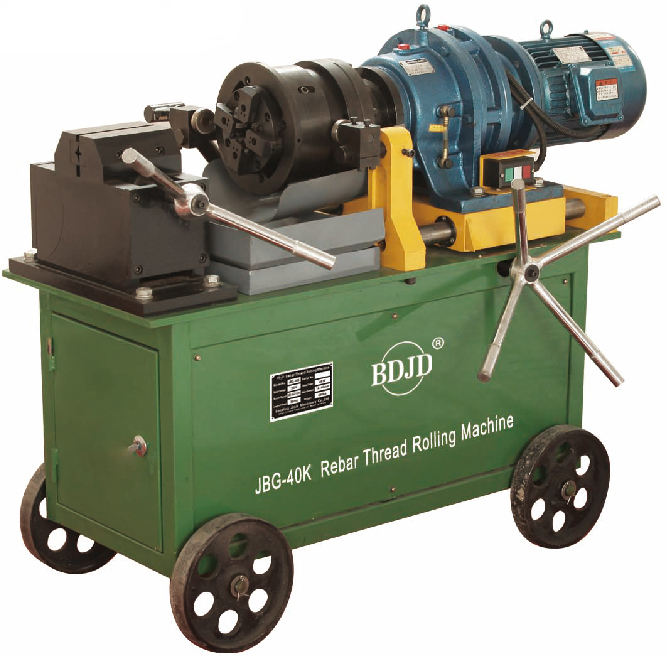3phase Rebar Thread Rolling Machine, the machine motor can be 3phase 380V/220V/440V, we can customize the motor with customer's requirement.
If you need change motor, pls confirm the motor voltage and frequency. The motor should be 3phase.
Because 3phase can ensure the machine working smooth, without any other problem.
3 Phase Rebar Thread Rolling Machine 3 Phase Rebar Thread Rolling Machine,Threading Machine For Construction,Threaded Roll Machine For Steel Rod,Direct Sale Bar Thread Rolling Machine BAODING JINDI MACHINERY CO., LTD , https://www.rebarconnector.com
Zhang Jun, chief economist of Morgan Stanley Huaxin Securities, said in an interview with Securities Daily that the small depreciation of the renminbi has little impact on China's exports. At present, there are two main factors affecting China's exports. First, labor costs. The other is overseas demand. With the premature arrival of China's current demographic dividend turning point, China's labor costs have risen rapidly in the past few years and will continue to rise in the future, which has a greater impact on China's relatively large labor-intensive exports, which is the renminbi. A small devaluation cannot be fully hedged.
"At present, the current situation of weak global demand is also an important reason for China's exports. However, in the past few years, the proportion of China's exports has not declined, but has risen. This is behind China's export industry restructuring and industrial upgrading. As a result, more exports to high value-added electronics, construction machinery, high-end equipment, etc. Therefore, the depreciation of the renminbi is limited to the export industry, and if it is simply to promote the depreciation of exports, it may cause competitive depreciation, which is not conducive to China. Promote the internationalization of the renminbi." Zhang Jun told reporters.
Huang Yuping, spokesperson of the General Administration of Customs, said that regarding the depreciation of the renminbi, the renminbi against the US dollar and the "a basket" of currencies have depreciated a certain amount compared with the same period of last year. Although the devaluation of the renminbi has relatively benefited corporate exports, it will enable enterprises to import raw materials. The cost of the corresponding increase, and in the context of the global value chain, due to the prevalence of cross-regional, upstream and downstream division of labor and intra-industry trade, the currency value of an economy and its impact on imports and exports will be rapidly and positively transmitted to In other economies in the value chain, the pulling effect of currency depreciation on exports will be weakened. At the same time, China's foreign trade import and export processing trade still accounts for a large proportion, and the impact of exchange rate changes on China's imports and exports is relatively limited.
Experts said that the depreciation of the renminbi is theoretically beneficial for exports, and some small export enterprises that have immediate settlement of foreign exchange may benefit from it. However, foreign trade enterprises with large trading volume may not be able to feel the positive impact of this round of depreciation due to the exchange rate with the bank beforehand. In order to reduce the risk of exchange rate fluctuations, foreign trade companies need to pass some foreign exchange derivatives, such as forward exchange settlement and sales, foreign exchange swaps, foreign exchange options and other locked exchange rate risks. 

Is the depreciation of the renminbi good or bad for Chinese exporters?
Summary of November since, although the RMB against the US dollar exchange rate movements are tested, but for the impact of China's foreign trade is more limited. Zhang Jun, chief economist of Morgan Stanley Huaxin Securities, said in an interview with the Securities Daily that the RMB depreciated slightly...
Since November, although the exchange rate trend of the RMB against the US dollar has been a test, it has a limited impact on China's foreign trade.